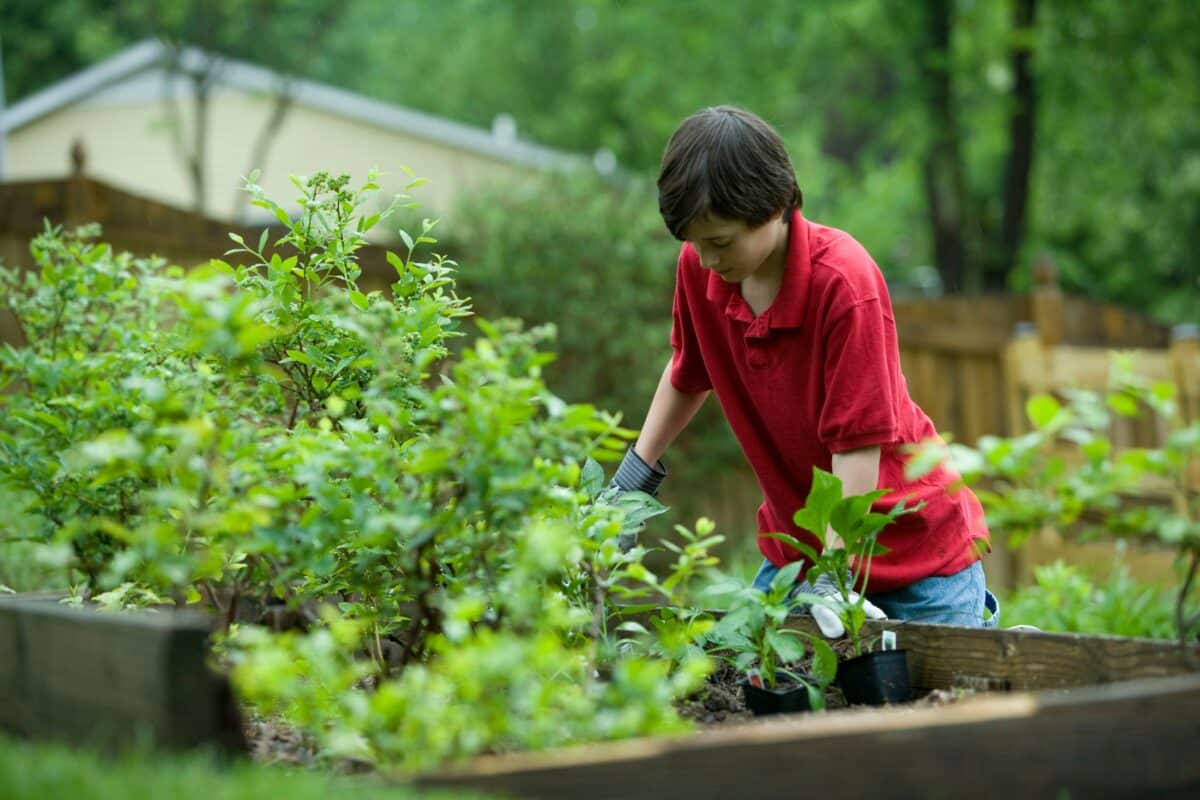You work hard in your garden all summer to grow your fruit, veggies, and herbs – don’t let them go to waste by not taking care of the finished product. We’ve come up with six ways to get the most out of the fruit of your labor.
1. Harvest at the right time.
Tomatoes: Do not refrigerate. Rather, leave them on the kitchen counter in the open air to breathe.
Potatoes: Leave potatoes in the sun to dry, then brush off all of the dirt and soil to prevent molding. Store in a cool, dark, and dry place like a cupboard or dry basement until ready to use.
Carrots: Carrots are similar to potatoes. You should also store them in a cool, dark, and dry area after being dried out. Just don’t leave them out in the sun after uprooting because they have thinner skin than potatoes.
Garlic & Onions: Store in a cool, dark, and airy place like a cupboard. Make sure they are thoroughly dried
and the stems are cut off before storing.
Zucchini and Cucumbers: Both zucchini and cucumbers store better in the refrigerator than at room
temperature. Just be sure to dry their skin thoroughly because moisture can cause quick decay.
Pumpkins & Squashes: Pumpkins and squash vary greatly by species, but they can generally last up to several months if properly stored in a dark and dry environment. Before storing, make sure that all moisture is
removed from the skin and wipe away any dirt that could contain additional moisture.
Berries: Strawberries, raspberries, and blueberries should all be sealed in an airtight container and left in the
refrigerator. Berries keep better in shallow containers with fewer layers to avoid crushing the delicate fruits. Place a paper towel in the bottom of the container to absorb any moisture that may drip.
Leafy Greens: Spinach, lettuce, and kale should be harvested as needed. They only keep for a few days before
wilting. When harvested, keep them in a humid veggie drawer in the refrigerator.
Herbs: Herbs can be stored for up to 10 days. Simply put the stems in a glass of water like a bouquet of
flowers, and wrap the exposed leaves in plastic wrap. While most herbs should be placed in the refrigerator for maximum longevity, cold-sensitive herbs like basil should be left at room temperature.
4. Seal in the freshness.
Vacuum sealing can keep almost anything fresh for longer. It slows decomposition and bacteria growth by eliminating oxygen flow to food. Just ensure that everything is dry before sealing to reduce bacteria that thrive in moisture. Vacuum sealing can also eliminate freezer burn if you’re freezing fresh crops.
5. Know when your crops are no longer safe.
While it’s tempting to save your crops for as long as possible, take care to know when they have run their course. Produce can grow and harbor bacteria that reduce quality and even make you sick. Sliminess, mold, discoloration, and rot can all indicate that your produce should be tossed in the garbage or compost.
6. Prepare harvest carefully.
You’ve worked hard to grow and care for your crops, so see the process through. Wash them thoroughly before placing them on your Dehdyrator. Homemade dehydrated goods are more nutritious and flavorful than store-bought and make for a great snack. Use a combination of dehydrating and vacuum sealing to help your hard work last all through the winter months.



